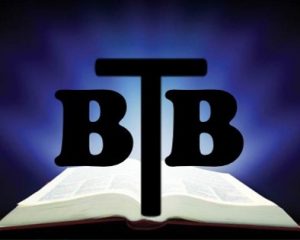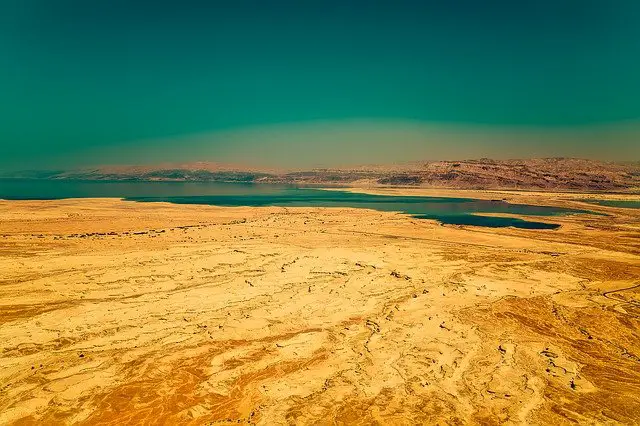An Outline or Summary of the Book of Joshua in the Old Testament. Moses dies and Joshua takes over the role as leader of the Israelites.
When: Not exactly determined, but before 1000 B.C.
Who: According to tradition, Joshua himself is believed to have written the book; possibly with input from Eleazar and Samuel.
People & Places:
Joshua (Hoshe’a); Caleb; Rahab; Achan
Jordan; Canaan; Jericho; Ai; Lebanon; Gibeon; Mount Gaash
Sound-Bites:
“Moses My servant is dead; now therefore arise, cross this Jordan, you and all this people, to the land which I am giving to them, to the sons of Israel.” (Ch.1:2)
“Remove your sandals from your feet, for the place where you are standing is holy.” (Ch.5:15)
“…and when the people heard the sound of the trumpet, the people shouted with a great shout and the wall fell down flat.” (Ch.6:20)
The Messianic Link:
Joshua is a ‘type’ of Messiah
Jesus is The Christians ‘Promised Land’
Brief Summary:
- Moses sees the Promised land then dies, Joshua takes over and leads the people to cross over the Jordan river into the new land
- Joshua commands and leads the Israelites on to the conquest of Cannan
- The walls of Jerico collapse after the trumpets are blown on the seventh day. Rahab the harlot and her family are spared
- The land of the Cannanites is divided amongst the 12 tribes
- Joshua dies and is buried at Timnath-serah in Ephraim
The book of Joshua begins with the death of Moses according to the word of The Lord (Deut 32:52) and continues with the conquest and occupation of the Promised Land of Canaan.
Rahab, the harlot, gains the two Israelite spies access into the city of Jericho, thereby saving herself and her family from destruction when the walls of Jericho miraculously collapse.
Canaan is divided amongst the 12 tribes (Ch.13) and the six cities of refuge built (Ch.20).
Joshua renews the Israelites’ commitment to The Lord before he died and was buried at Timnath-serah in Ephraim, after reaching the ripe old age of 110. (Ch.2)
Notes & Quotes:
This book is probably best known for the stories of Rahab the harlot, and the miraculous collapsing of the walls of Jericho. There has been much conjecture and speculation regarding this event.
Personally I believe it should be simply seen as a miraculous intervention of God; why should it be treated any differently from the hundreds—if not thousands—of other miracles throughout the Bible?
Extracted with permissions from ‘The bible Brief’ The bible summary book available on Amazon Here
Summary of Deuteronomy

